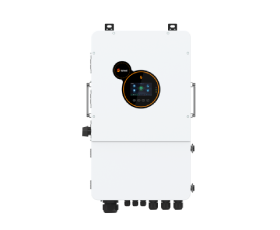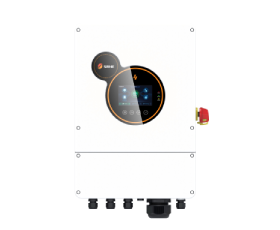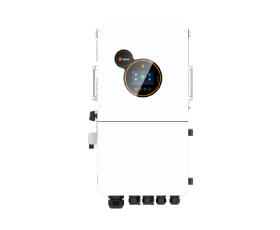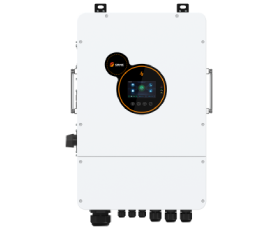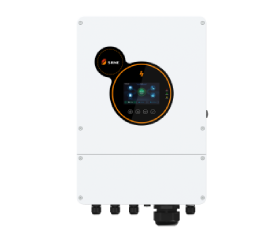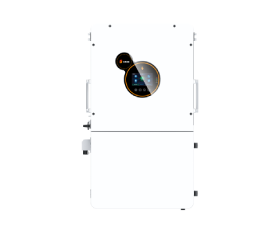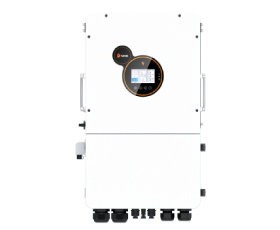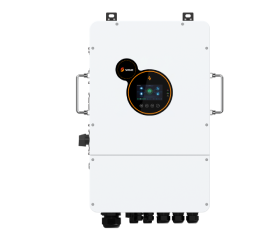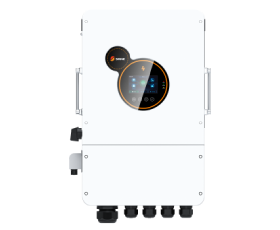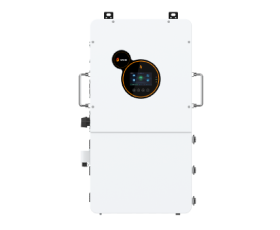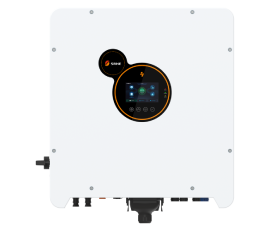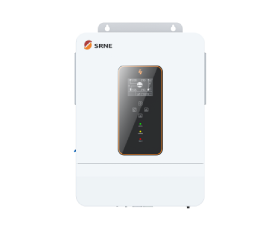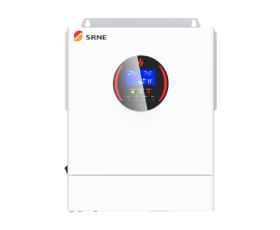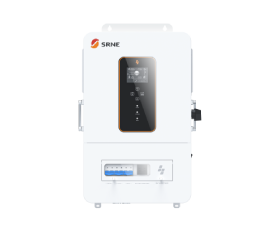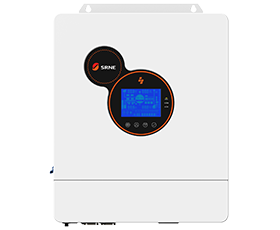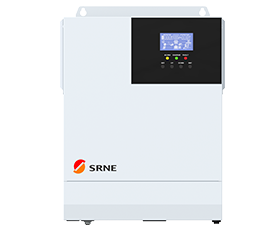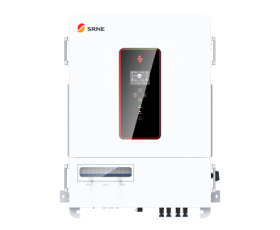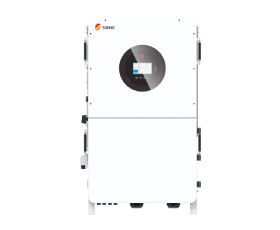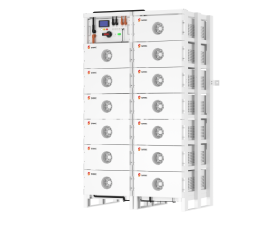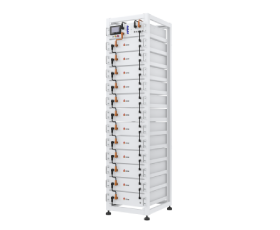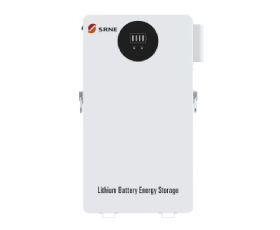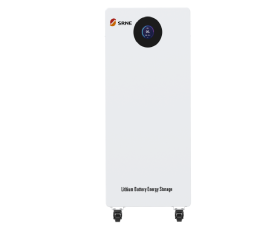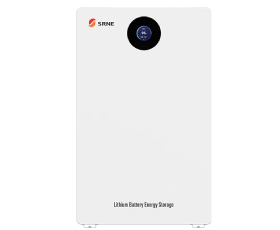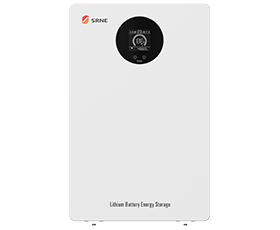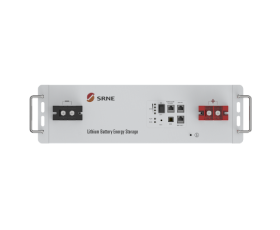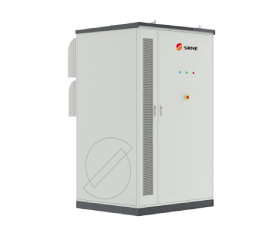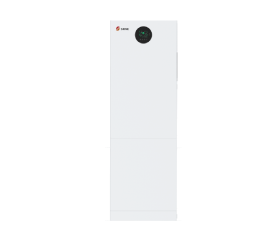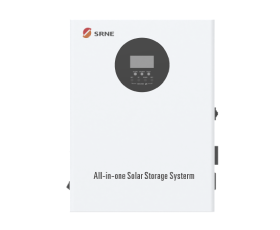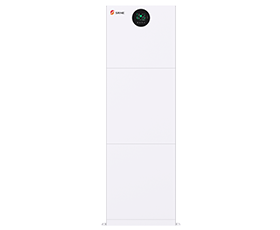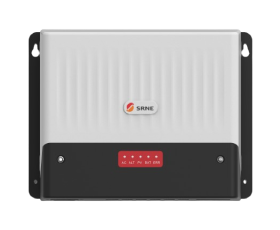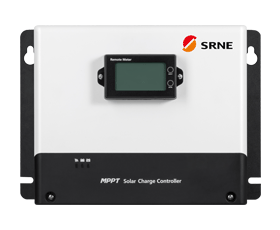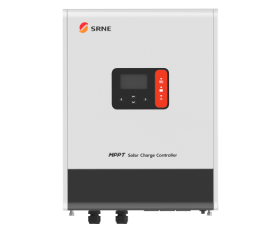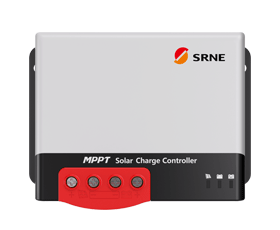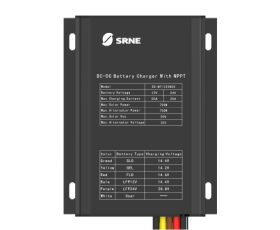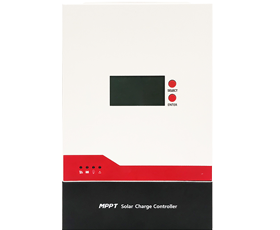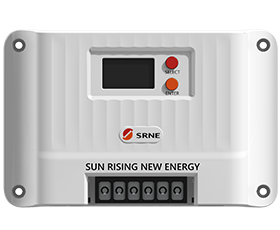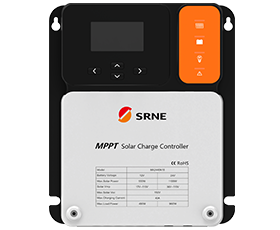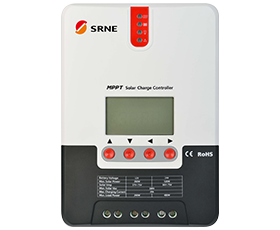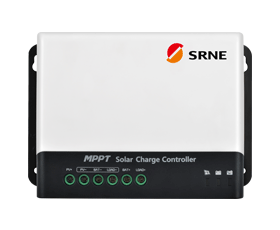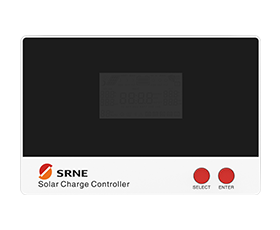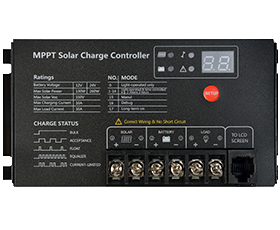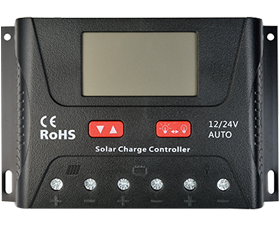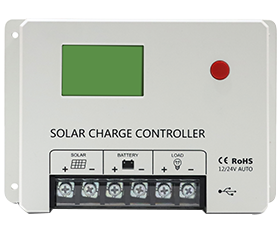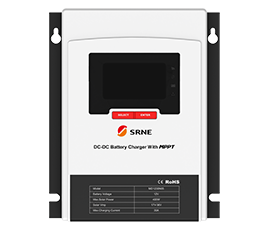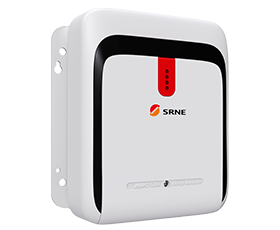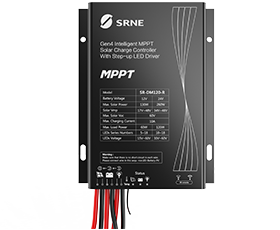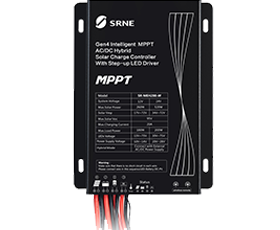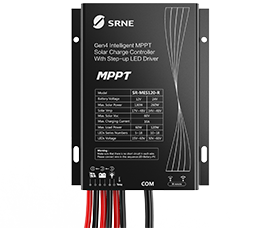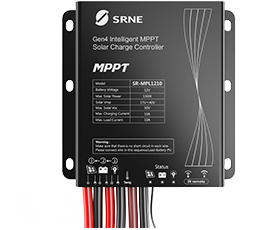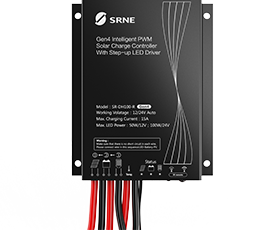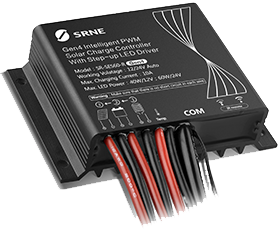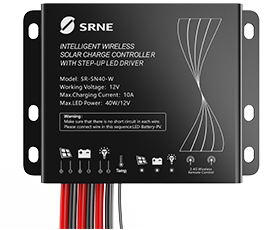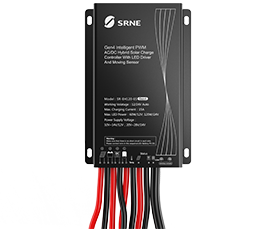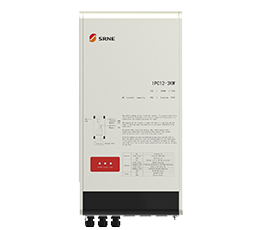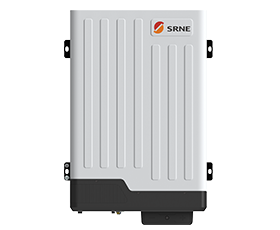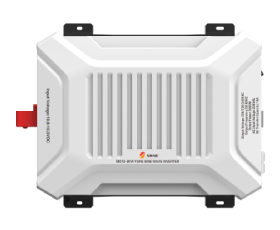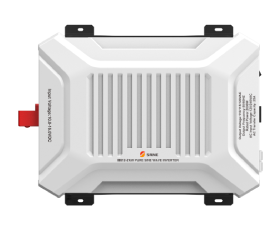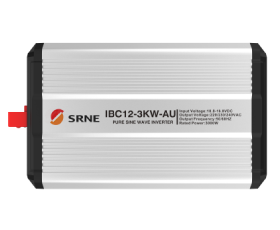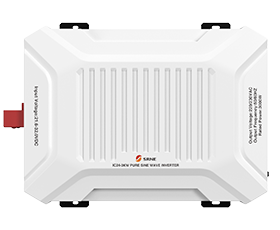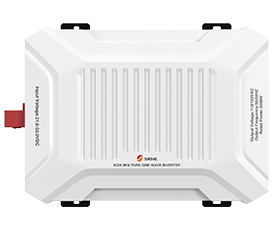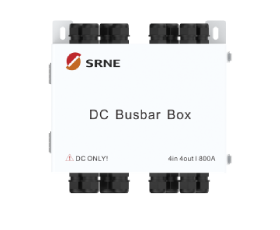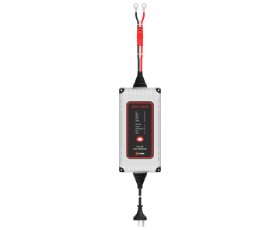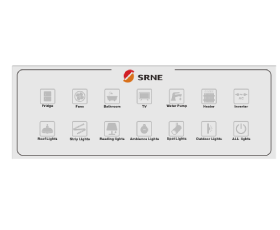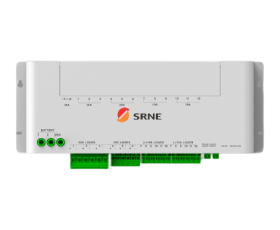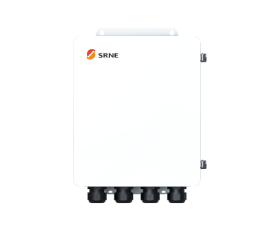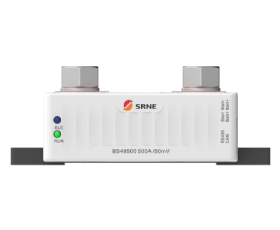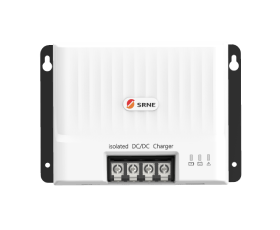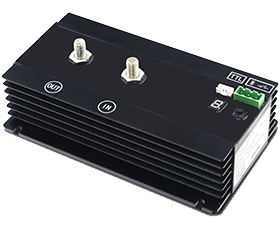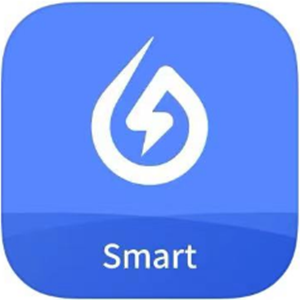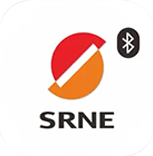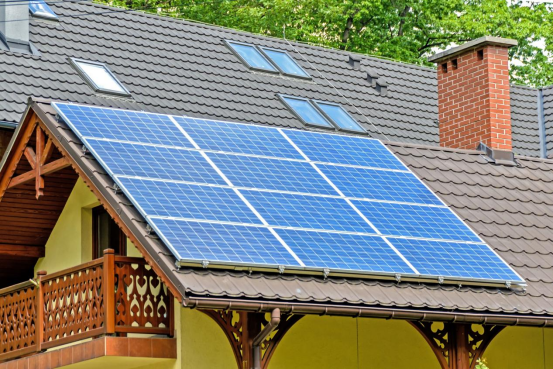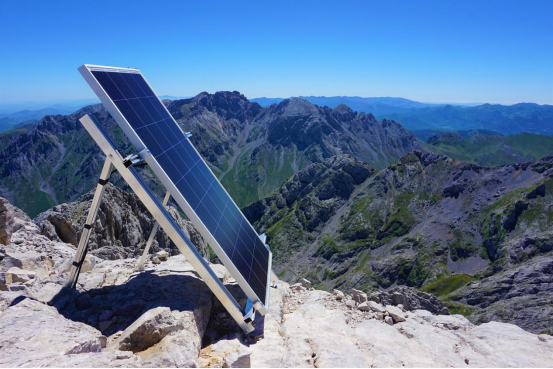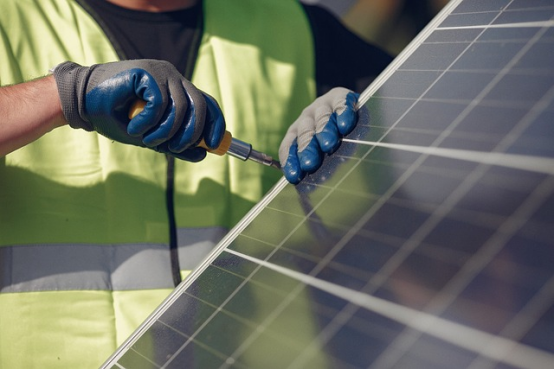The Role of Home Power Inverters in Off-Grid Living
Off-grid living is gaining traction among those seeking sustainability and independence from traditional power sources. As energy costs continue to rise and environmental concerns mount, many are turning to renewable energy solutions. At the heart of this off-grid revolution is the home power inverter, a critical device that transforms direct current (DC) from solar panels or batteries into alternating current (AC) suitable for household appliances. Srne will delve into the essential role of inverters in off-grid living, exploring system design, selecting the right inverter, and maintaining independence from the grid.
What Are Home Power Inverters?
A home power inverter is a device designed to convert DC electricity into AC electricity. This conversion is crucial because most household appliances operate on AC power. There are various types of inverters, including off grid inverters, hybrid inverters, and off grid solar inverters. Each type serves distinct purposes based on your energy setup.
Types of Inverters
Off Grid Inverters: These inverters are specifically designed for systems that operate independently of the electrical grid. They are tailored to work with battery storage systems, ensuring that you can access power even when solar production is low or during nighttime.
Hybrid Inverters: These versatile inverters can function in both grid-tied and off-grid systems. They allow for energy storage and can manage the transition between using grid power and your renewable sources, providing greater flexibility.
Off Grid Solar Inverters: These are specialized inverters designed to work directly with solar panels and battery systems, optimizing energy capture and usage for off-grid applications.
Understanding these inverter types will help you select the right one for your specific needs.
The Essential Components of an Off-Grid System
Creating a reliable off-grid energy system involves several key components, each playing a vital role in energy production and storage.
Key Components
Solar Panels: These are the primary energy source in an off-grid system. Solar panels capture sunlight and convert it into DC electricity, which is then fed into the battery storage and inverter system.
Battery Storage: Batteries store the energy generated by the solar panels for use when sunlight is not available. They are essential for ensuring a continuous power supply, especially during cloudy days or nighttime.
Power Inverters: The inverter is the component that enables you to use the stored energy to power your home’s appliances. It converts DC electricity from the batteries into AC electricity.
Together, these components create a sustainable energy solution that allows you to live off the grid.
Selecting the Right Inverter for Off-Grid Living
Choosing the right inverter is crucial for optimizing your off-grid energy system. Various factors come into play when making this decision.
Key Considerations
Power Output Requirements: Begin by assessing your household's energy consumption. Calculate your daily energy needs to determine the appropriate inverter capacity. This step is crucial to ensure that your inverter can handle peak loads without overloading.
Inverter Types: When selecting an inverter, consider whether a pure sine wave inverter or a modified sine wave inverter is more appropriate. Pure sine wave inverters provide a cleaner output, which is better for sensitive electronics, while modified sine wave inverters are often more affordable but may not be suitable for all appliances.
Efficiency and Reliability: Look for inverters with high efficiency ratings. An efficient inverter will minimize energy loss during the conversion process, allowing you to make the most of your renewable energy resources.
Features: Modern inverters come with various features such as built-in protection mechanisms against overloads, short circuits, and temperature fluctuations. These features can enhance the safety and longevity of your system.
Hybrid Inverters
Hybrid inverters are particularly appealing for their flexibility. They allow you to store energy generated by your solar panels while also being connected to the grid. This means you can draw power from the grid when necessary, ensuring that you always have access to electricity, even if your solar production is insufficient.If you want to know more about the inverter principles and information can read that Understanding the Different Types of Home Power Inverters and Their Applications.
Designing Your Off-Grid Energy System
Designing an efficient off-grid energy system requires careful planning and consideration of various factors.
Steps to Design Your System
Assessing Energy Needs: Start by calculating your household’s daily energy consumption. This includes understanding how much power different appliances use and determining your peak energy demand. Consider using energy-efficient appliances to minimize your overall consumption.Srne has also provided the detailed assessment methods.
Sizing Your Solar Array and Battery Storage: Once you have a clear understanding of your energy needs, you can size your solar panel array and battery storage accordingly. A general rule of thumb is to install enough solar panels to cover your daily energy usage, plus additional capacity to account for inefficiencies and storage needs.
Integrating the Inverter: Properly connecting your inverter to the solar panels and battery storage is crucial. Make sure to follow the manufacturer's guidelines to ensure optimal performance and safety.
Tips for Optimizing System Performance
Monitor Energy Production: Use monitoring tools to track how much energy your solar panels are generating and how much is being consumed. This will help you identify any inefficiencies or potential issues with your system.
Adjust as Necessary: Be prepared to make adjustments to your system as needed. This may involve adding more solar panels, upgrading your inverter, or optimizing battery storage.
Ensuring Independence from the Grid
One of the primary motivations for off-grid living is the desire for independence from traditional utility providers. This independence offers numerous advantages.
Advantages of Off-Grid Living
Environmental Sustainability: By utilizing renewable energy sources, you reduce your carbon footprint and contribute to a cleaner environment.
Cost-Effectiveness: While there are upfront costs associated with installing an off-grid system, many people find that they save money over time by eliminating their utility bills. Additionally, incentives and tax credits for renewable energy installations can help offset initial expenses.
Strategies to Enhance Energy Independence
Energy-Efficient Appliances: Invest in energy-efficient appliances that use less power. This will not only reduce your overall energy consumption but also prolong the life of your battery storage.
Smart Energy Management Techniques: Implement energy management practices, such as using high-energy appliances during peak solar production hours. This maximizes the use of your solar energy and minimizes reliance on stored energy.
Backup Solutions: Consider having a backup generator for emergency situations, especially if you live in an area with frequent power outages or unpredictable weather conditions.
Maintenance and Troubleshooting
Regular maintenance is essential for ensuring the longevity and efficiency of your home power inverter and overall energy system.
Routine Maintenance Practices
Regular Inspections: Periodically check all components of your off-grid system, including solar panels, batteries, and inverters. Look for signs of wear or damage that could affect performance.
Cleaning Solar Panels: Keep your solar panels clean to maximize their efficiency. Dust, debris, and snow can significantly reduce energy production.
Battery Care: Monitor your battery health regularly. Ensure that batteries are properly charged and maintained to extend their lifespan.
Common Issues and Troubleshooting
Be aware of potential issues that may arise within your system:
Inverter Overloads: Ensure that the inverter is not being overloaded by managing your energy consumption effectively.
Battery Malfunctions: If you notice a drop in performance, check the batteries for corrosion, leaks, or other signs of failure.
Importance of Monitoring Performance
Using monitoring systems can help you track your energy production and consumption in real time. This data is invaluable for identifying inefficiencies and making informed adjustments to your system.Users can also maintain the inverter based on the srne checklist.
Conclusion
Home power inverters are vital for anyone looking to adopt an off-grid lifestyle. By understanding how to choose the right inverter, design an effective energy system, and maintain it properly, you can achieve the energy independence you desire. With careful planning and the right components, off-grid living can be both sustainable and rewarding.Srne has also made a great contribution to the field of clean energy over the years, while also providing many excellent options and solutions.




















